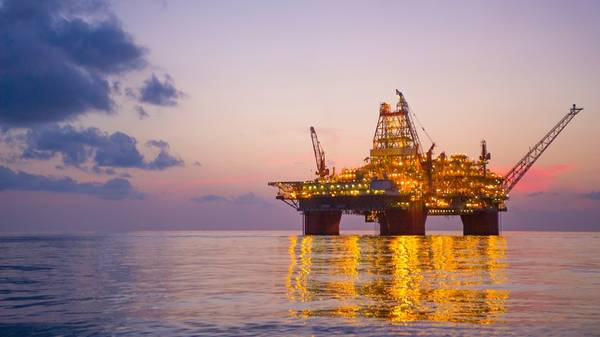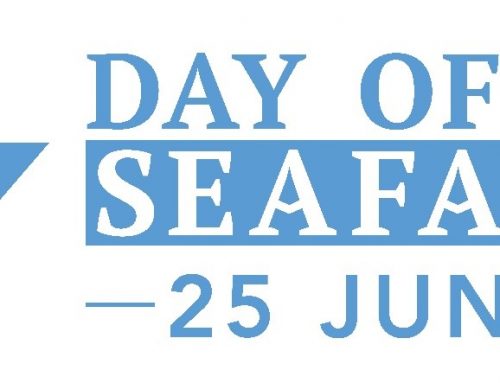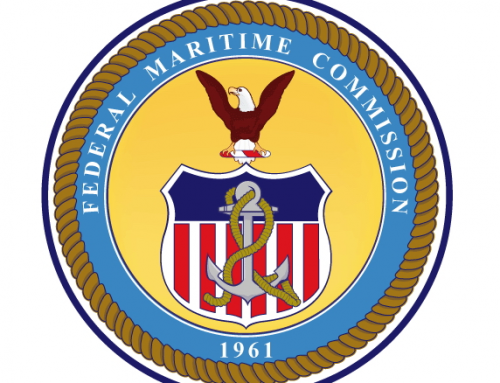As of April 1, 2020 (yesterday) , several workers on a BP oil platform in the U.S. Gulf of Mexico have been confirmed positive for coronavirus, the company reported. The day before (March 31), a worker at BP’s operations in Alaska also tested positive. These cases are the first recorded among oil workers in the Gulf of Mexico and Alaska.
These are not the first cases of coronavirus confirmed aboard offshore platforms, however. At least three North Sea fields have suspected or confirmed cases of COVID-19 on board: Chrysador and Total, located in the UK North Sea, and Equinor, located off the coast of Norway.
The disease outbreak presents unique challenges for offshore platforms and other isolated environments. Offshore facilities like these rotate rig workers in and out, keeping them in place for a designated time before new workers replace them. BP and other companies already have extended their offshore employees’ designated work periods to limit travel. However, concerns about how these conditions will affect rig workers long-term have been raised from some seafarers’ advocacy organizations.
“BP is following procedures and protocols to minimize the risk of COVID-19 and ensure the safety of our people. We are eliminating all non-essential activity on the slope,” said Megan Baldino, spokeswoman for BP Alaska.
BP has not provided any details on which platform the Gulf of Mexico case was affected; BP also had no comment on any potential production cuts that may result. However, BP recently did release a statement announcing additional, more stringent cleaning and sanitation measures, to keep its offshore workers safe.
The above is a summary of one or more news stories reviewed by the author of this article. It may contain comments or views of the author only
This article is intended for general interest and does not constitute legal advice.








